Last weekend our son was awarded his red belt in karate (which is just our shorthand for the real name of the marital arts system he practices — the American Advanced Combat System — which was developed by Sensei Dan Timlin and is based on Bruce Lee’s system of Jeet Kune Do). At his dojo, this means he has moved up to the advanced class, and he’s still just six years old.
When we started him in martial arts about a year and a half ago (largely due to his obsession with TMNT and ninja stuff in general) we talked to him about the investment of time and money it would entail, about how when we start something, we don’t just quit when we get bored or tired of it.
We needn’t have said a word about it because his enthusiasm and dedication has not waned one iota. The young guy next to him in the photos above and below is one of his instructors. He’s a fantastic teacher and incredible to watch on the academy’s demonstration team. He was just sixteen when Calvin started as a white belt in the basic class. He started at the dojo at age eight. When Calvin is eight, he will already be a black belt. When I think of my son someday being able to do the things that this young man does, I get giddy with anticipated pride.
Now, I’m posting about this partially to share my joy in my son’s dedication and his achievements. But it’s not all about bragging (it is a little about bragging).
It’s also about persistence and drive and dedication to an art. It’s so easy to start something big and then quit when we feel like we’re not making enough progress. Calvin could have watched his teacher do incredible takedowns and disarms and flying kicks and thought to himself, “I’ll never be able to do that. It looks too hard and I don’t think I’m fast enough or strong enough.” But he didn’t. He saw some majorly cool moves and thought to himself, “I want to do that.” And then patient and caring teachers came alongside him and said, “You can do that — but it takes discipline, training, and focus, and we’ll help you get there.”
And his parents came alongside and gave him encouragement, took him to practice three nights a week, reinforced the lessons he was learning at the dojo, trained with him at home. Because while in some ways martial arts are an individual sport, no one learns best in complete isolation.
What about you? Are you trying to write all on your own? Trying to figure out your camera all on your own? Trying to figure out how to make a certain effect in a painting or Photoshop or a recipe all on your own? What are you trying to do solo that would be easier if you had support, if you had a teacher or a more experienced friend who could answer your questions?
It’s tempting to do art alone, especially if you’re an introvert. And there are plenty of opportunities to practice alone, and that’s not bad. But who do you have who can encourage you and help you adjust your technique if you’re doing it wrong or perhaps just not the easiest or most efficient way?
When I went out to take pictures of the aurora on Saint Patrick’s Day, it was a friend who told me that the aurora was active. That same friend was there when I had questions about how best to photograph them because he and I once had almost the exact same camera. There were a few things I had to figure out by myself, but he was there on the other end of the phone when I had questions. And when I posted a photo on Facebook, he was the first to compliment me on it. How encouraging!
In my writing, I have two great groups of writers who can encourage me to stick it out when the going gets rough and who can share expertise and advice. One is online (Women’s Fiction Writers Association) and one is in the flesh (Capital City Writers Association). Another writing community that is so instructive and encouraging is Writer Unboxed. Beyond that, my husband and a few close friends serve as encouragers, first readers, and sounding boards.
You can do so much more and so much better work when you have a community of like-minded individuals supporting you. If you quilt, join a quilting group or guild. If you paint, organize outings to paint plein air. If you love to bake, create your own informal school or throw a recipe sharing party. If you write poetry, find a local place that can host readings and put the word out to poets in your area. If you’re a musician, schedule a jam session.
When things get tough and your art won’t cooperate or you’ve faced rejection, that’s when you need support. And you’ll find that if you cultivate a community intentionally, that support will be there for you the moment you need it. Those people will keep you from quitting, they’ll celebrate your successes with you, they’ll help you grow, and they’ll feed your desire to succeed.
Your initial passion and intensity may come from within…
…but you can bet that it’s easier to maintain when others are there to hold you up.
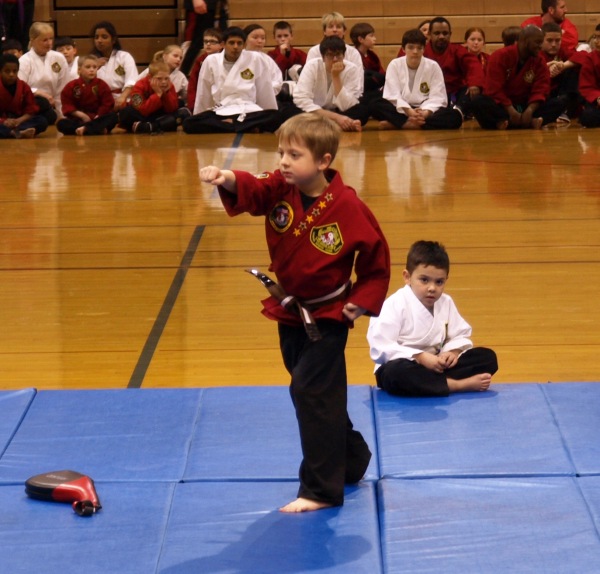
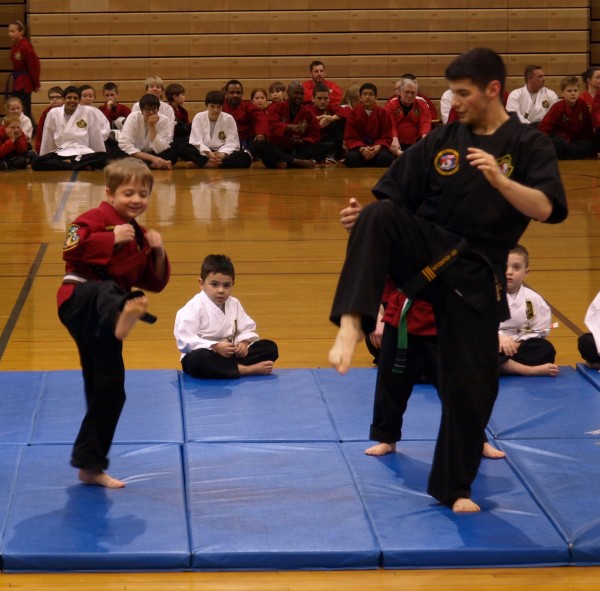
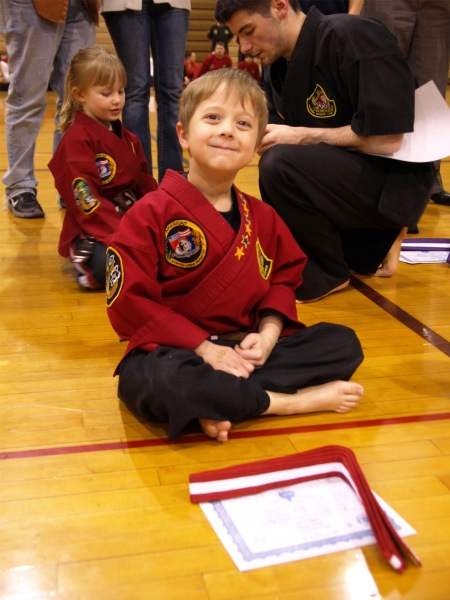
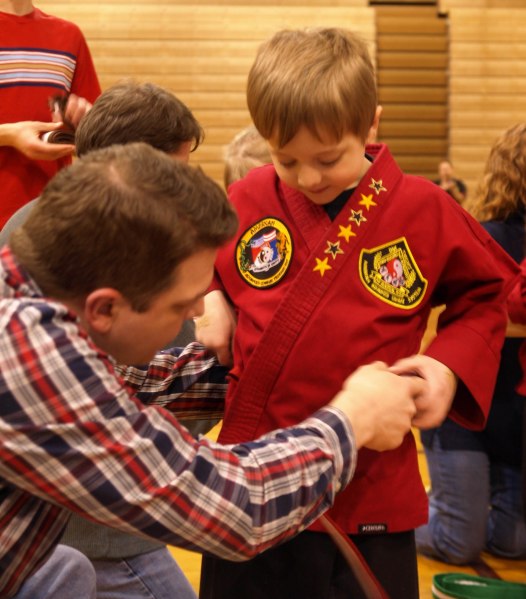
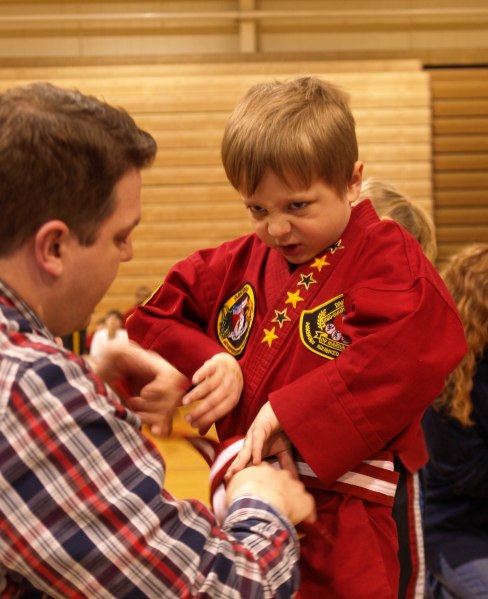
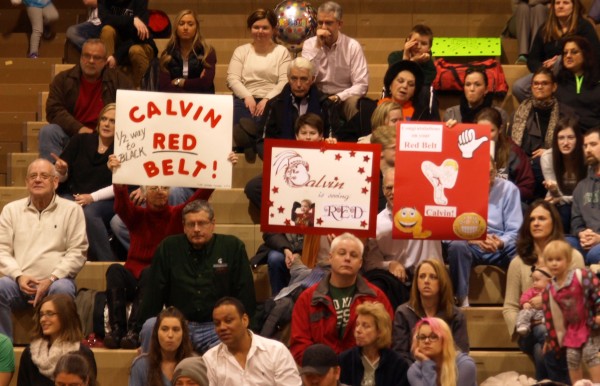
You must be logged in to post a comment.